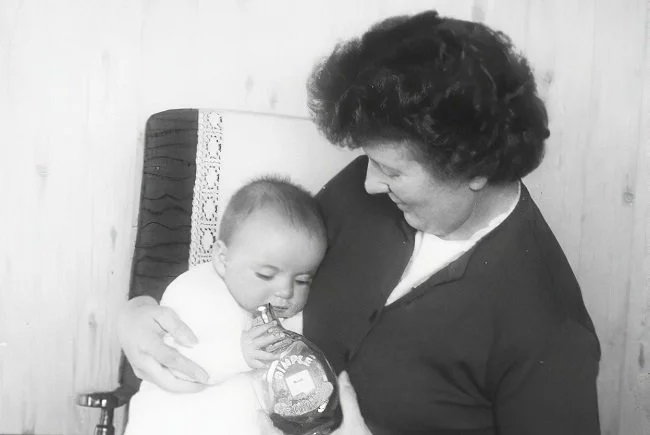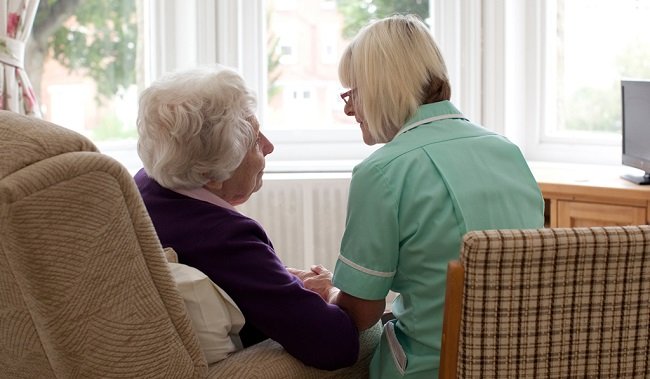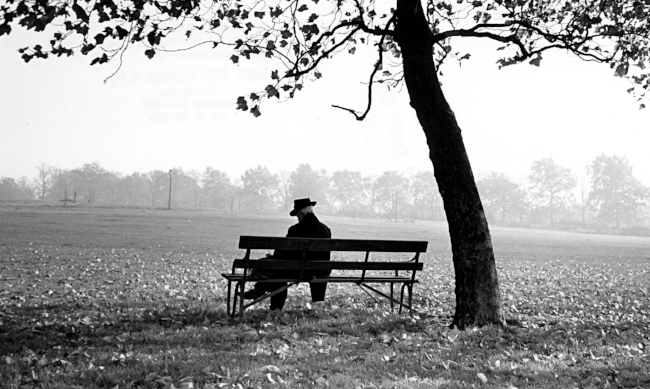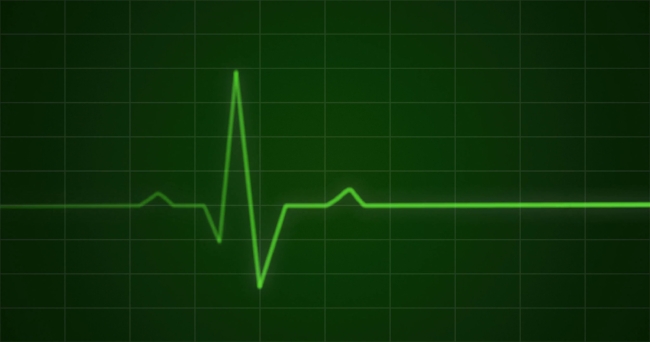Caring for the Elderly: Part 5
At the end of July, my Father went into Respite Care for two weeks. He was placed in a local private nursing home, via borough social services. The placement was intended to provide him a change of scenery and give the rest of the family with a short break from the ongoing caring requirements. Sadly, things did not work out well. After seven days away from home, my Father became ill and after three trips to A&E (over a period of four days), he was finally admitted to hospital with Aspiration Pneumonia. He was deemed to be at extreme risk by the medical staff and we were told at one point to “prepare for the worse”. However, despite being seriously ill, he recovered and much to everyone’s surprise was discharged and returned home after ten days. Sadly, his already impaired state of health has been further diminished. Three weeks on it is becoming clear that it is unlikely that he will return to the level of ability that he had at the start of July. His health and the quality of his life has been further reduced. Subsequently, the various healthcare professionals that deal with my Father have now started using the term palliative care.
Palliative care is an often-misunderstood term. It does not just mean preparing for death, as many people think. Palliative care can and is utilised to serve the needs of those with life-threatening or terminal illnesses. But it also helps patients stay on track with their health care goals and maintain an optimal baseline. Palliative care is intended to improve the quality of life for those at any age, at any stage of serious illnesses. Ultimately it is a course of action design to facilitate symptom management and improving quality of life. It’s about how one can palliate a patient’s suffering, whether that suffering is physical, emotional, spiritual or financial. This also includes focusing upon the family of the patient as well, and those also involved in caring. As one Doctor put it “it’s about finding the best way for you to navigate your illness for you and your loved ones”. However, despite a clear definition of palliative care, what does all this mean in practical terms with regard to looking after my Father?
The two biggest changes to happen since being discharged from hospital are continence issues and general levels of strength. Prior to August my Father could get out of bed, wash and dress and navigate his home adequately. It was never a fast process and he would from time to time, run into difficulties but he could cope on his own, as long as someone was around to keep an eye out. He now has very limited reserves of energy and requires assistance getting out of his hospital bed and getting washed and dressed. This process is complicated further by a catheter and bowel incontinence. We were initially told that these issues were temporary, but it is now clear that they are not. So catheter care has been added to the District Nurses ongoing care plan and we have contracted a private care company to assist with twice daily ablutions. Our local Doctor has reviewed my Father’s current medication and has removed those no longer deemed relevant. The Dietician team have also made some adjustments to his night time feed (my Father has been nil by mouth since September 2016), which have significantly reduced vomiting and general stomach discomfort.
As I have mentioned before, there is still a taboo or fear about discussing matters associated with long term illness and death in Western society. As a carer I have recently joined an online support forum so that I can share my perspective and learn from others. I am still surprised by a percentage of people who despite being faced with extremely difficult, terminal scenarios, still seem reticent come to terms with their situation. Some look to a medical miracle to resolve matters, where others simply think that the status quo will just prevail. However, I have chosen to embrace the reality of my Father’s situation and decided that it is my duty to ensure I do what I can to improve his immediate situation. He is now very aware that he is running his last lap, as he chooses to phrase it and is as comfortable as a person can be in such circumstances. We have spoken at length, ensuring that everything is in place for the rest of the family when he is no longer here, and as a result this has brought a degree of clarity and peace of mind to day-to-day life. It’s not a good situation and the quality of his life is far from ideal, but it could also be a lot worse, especially if all of our family’s actions were governed solely by our emotions. But by deciding to tackle matters head on, talking to others and seeking professional advice and support, things are bearable.


















